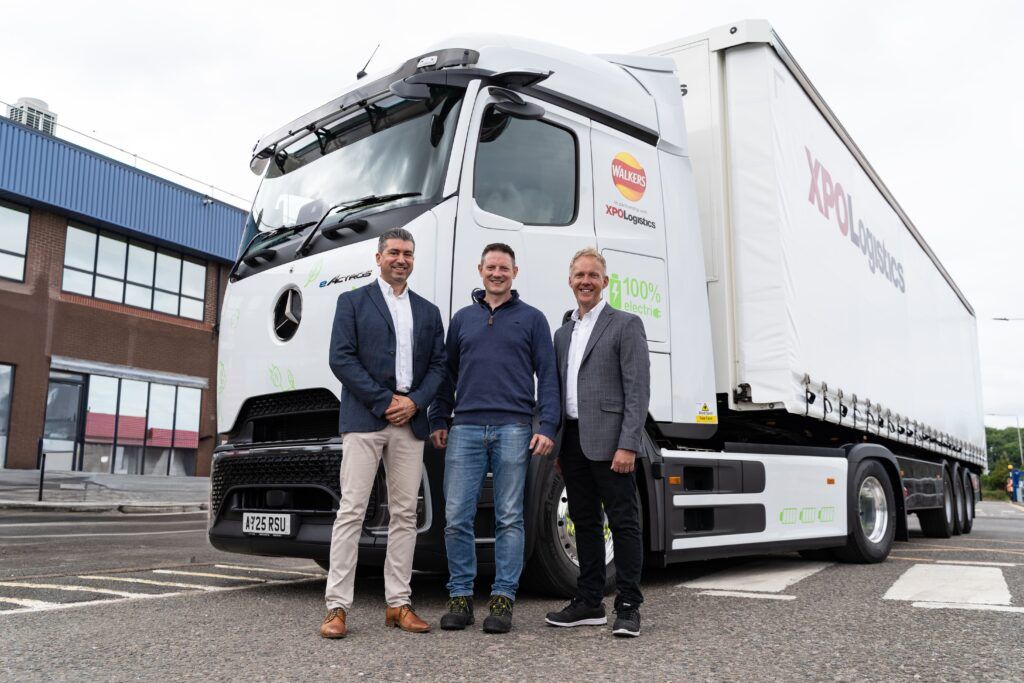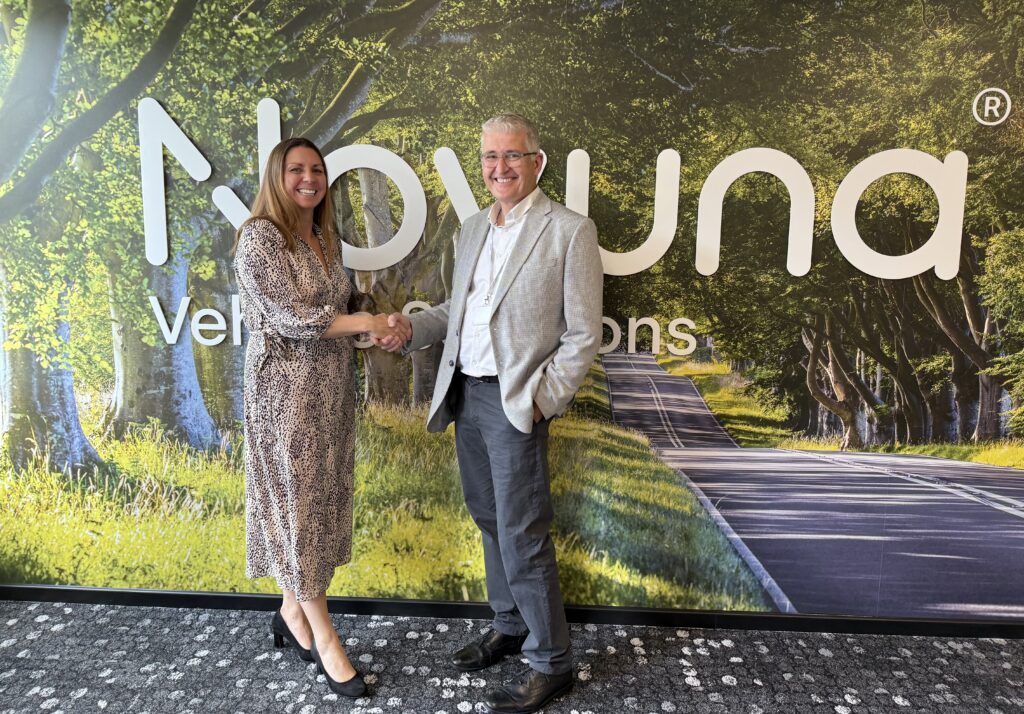Barriers such as public debt, domestic tensions, opposition to decarbonisation plans and energy security issues are delaying net zero, according to a new KPMG report.
The study, dubbed the Net Zero Readiness Report, claims despite incremental momentum and specific successes, including low-carbon energy from the world’s largest emitting nations such as the US and China, progress has been constrained by a backlash to the cost of decarbonisation.
Through conversations with national climate change experts in 24 markets and across 6 economic sectors, the report highlights those leading the charge in their progress towards net zero, and those where it is taking place more slowly.
In certain markets and sectors, the impact of low carbon projects on local wildlife, biodiversity and communities is triggering a rise in ‘green on green’ conflicts, causing clashes between renewable projects and the local environment, it said.
On an individual country level, meaningful progress is hindered by opposition to measures perceived to have a considerable cost to people’s livelihoods.
In fast-growing economies, rapidly increasing energy demand is triggering investment in both low carbon and fossil fuel generation, leaving certain countries, such as India, unlikely to reach net zero until 2070, while in China, coal consumption is projected to rise until 2025.
It also highlighted the need for sustainable aviation fuels and the impact of the aviation and shipping industries, where pace is slower and government investment is needed.
Mike Hayes, Climate Change and Decarbonization Leader and Global Head of Renewable Energy at KPMG International, said: “Governments, businesses, and society should continue to pursue action to address climate change. Further divisions between local communities and global interests are to be expected, but if we are to truly make meaningful strides towards net zero, at the necessary pace, while ensuring a stable energy supply, much greater focus is required.
“This includes in areas such as the policy environment (both carrot and stick), technical innovation, and educating society about the transformational changes that are required in our consumption and investment behaviors.”
Image from Shutterstock














